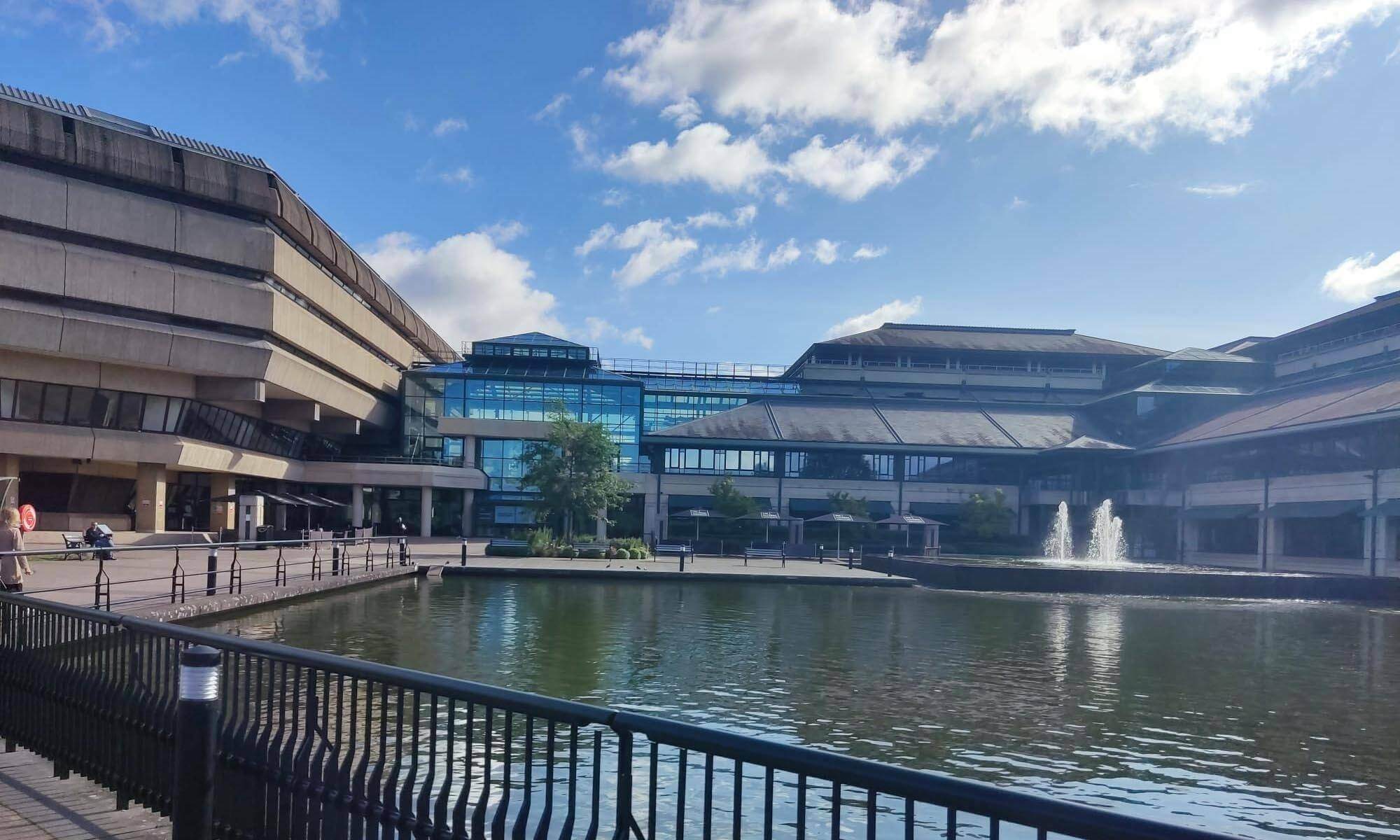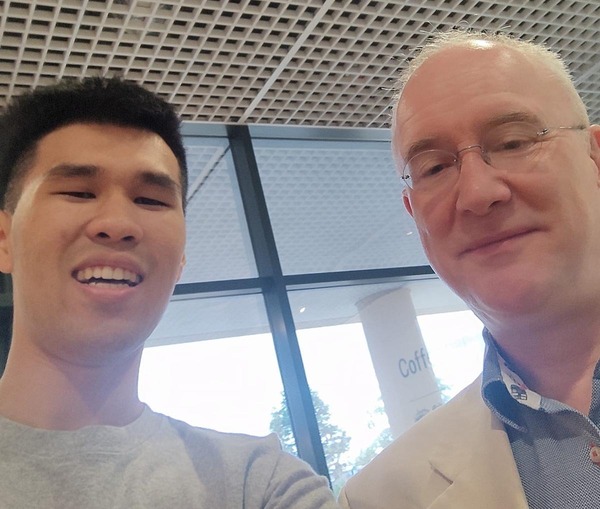
Jun Wei Lee ’26 is a double major in history and philosophy exploring possible minors in poverty studies, Asian studies, and PPE (philosophy, politics, and economics). In his studies, he has paid particular attention to the colonial history of India and Southeast Asia, labor history, and the philosophy of economics. During the summer of 2023, he traveled to London to examine rare archival sources on the indenture system in Southeast Asia with a grant from the Nanovic Institute for European Studies.
Most of us can relate to having bad work experiences. Maybe it was a few weeks into your job when you realized that you disliked the work. Perhaps your internship has gone awry and all you want to do is go home and forget about it. Luckily, we have the freedom to quit.
Many of us don’t for one reason or another, but that option still exists. Most people would unambiguously consider that ability a key component of labor freedom.
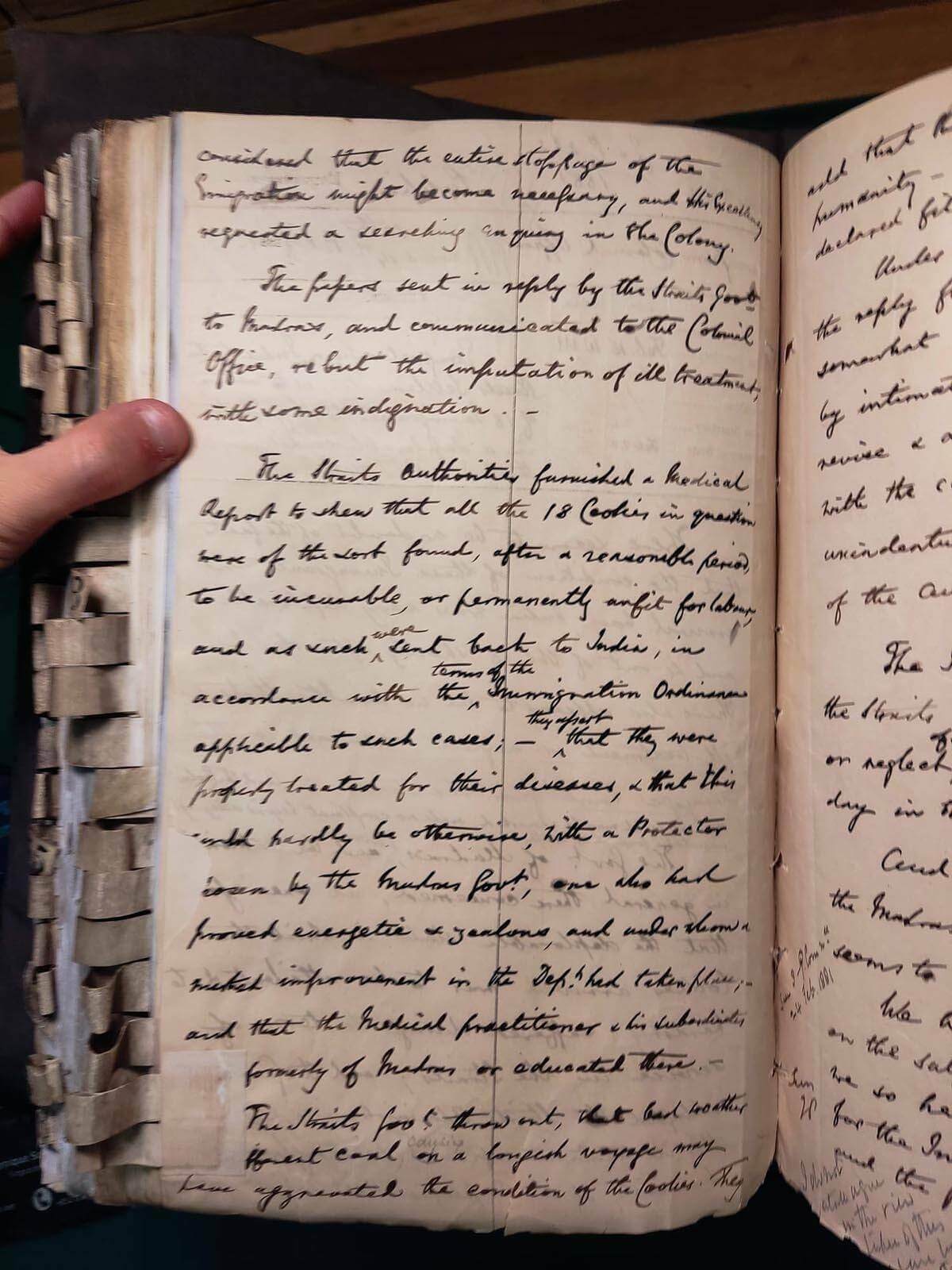
Not everyone enjoys the same privileges. In my Directed Readings in History class with Rev. Robert Sullivan, I learned that the British Empire relied heavily on indentured workers from India in the late 19th century and through the early 20th century to support labor-intensive colonial economies.
The British advertised the indenture system as a means of emancipation from one’s domestic situation: Indians would sign binding labor contracts with agricultural employers in overseas colonies, voluntarily migrate to that colony to serve out their contracts, and be rewarded with free return passage or financial incentives after the contract expires.
Here was the chance to migrate and start a new life. At the same time, indentured laborers seem to have been unfree: their contracts denied them many of the freedoms that “free migrants” had, and their working conditions often mimicked those of slaves.
Thus, the indenture system would continually pose conceptual puzzles for the British: To what extent are indentured workers free, and what does it even mean for laborers to be “free” or “unfree”?
The calling of a historian
My research explores how concepts of “freedom” and “unfreedom” in the British Empire were influenced by the experiences of Indian indentured workers on the imperial frontier. Specifically, I focused on colonial Southeast Asia since indentured labor in this region occurred when anxieties about labor freedoms became more acute worldwide. The Nanovic Institute for European Studies generously sponsored my project; hence, I got the chance to spend three weeks in London to examine archival documents at the British National Archives and the British Library. Combined, both sites make up the world’s most comprehensive collection of documents relating to Colonial Asia.
Being a historian is not the most glamorous calling. I spent most days in the archive reading rooms, poring over thousands of pages of government records while taking notes and photos for future reference. I also mostly worked alone, but I never felt lonely. Many researchers like me alternate between the British Library and the British National Archives; over time, we began to recognize each other and would exchange greetings or give warm smiles as we took the Tube back to our accommodations. During those three weeks, I felt that I had entered an “archival community” filled with like-minded, passionate researchers.
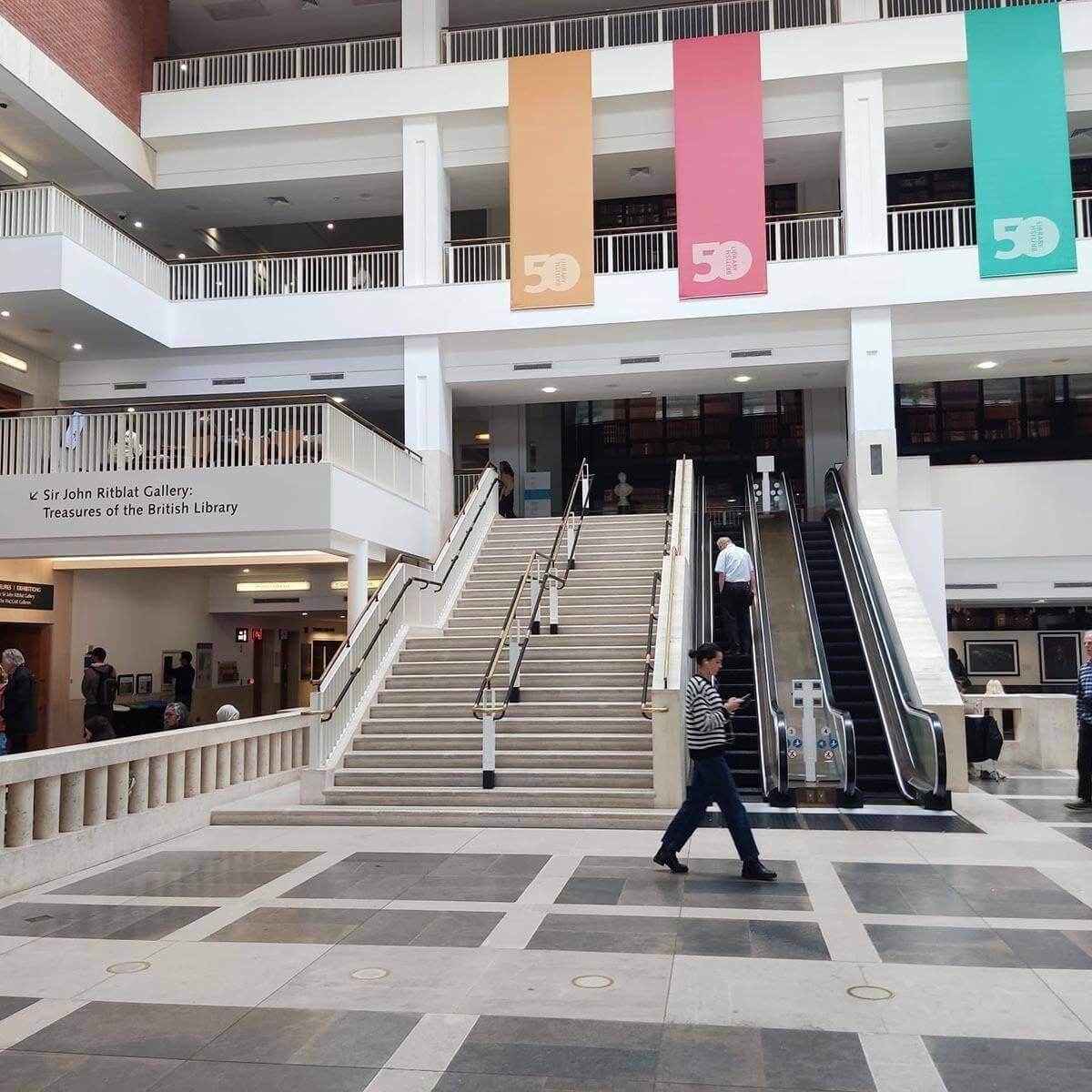
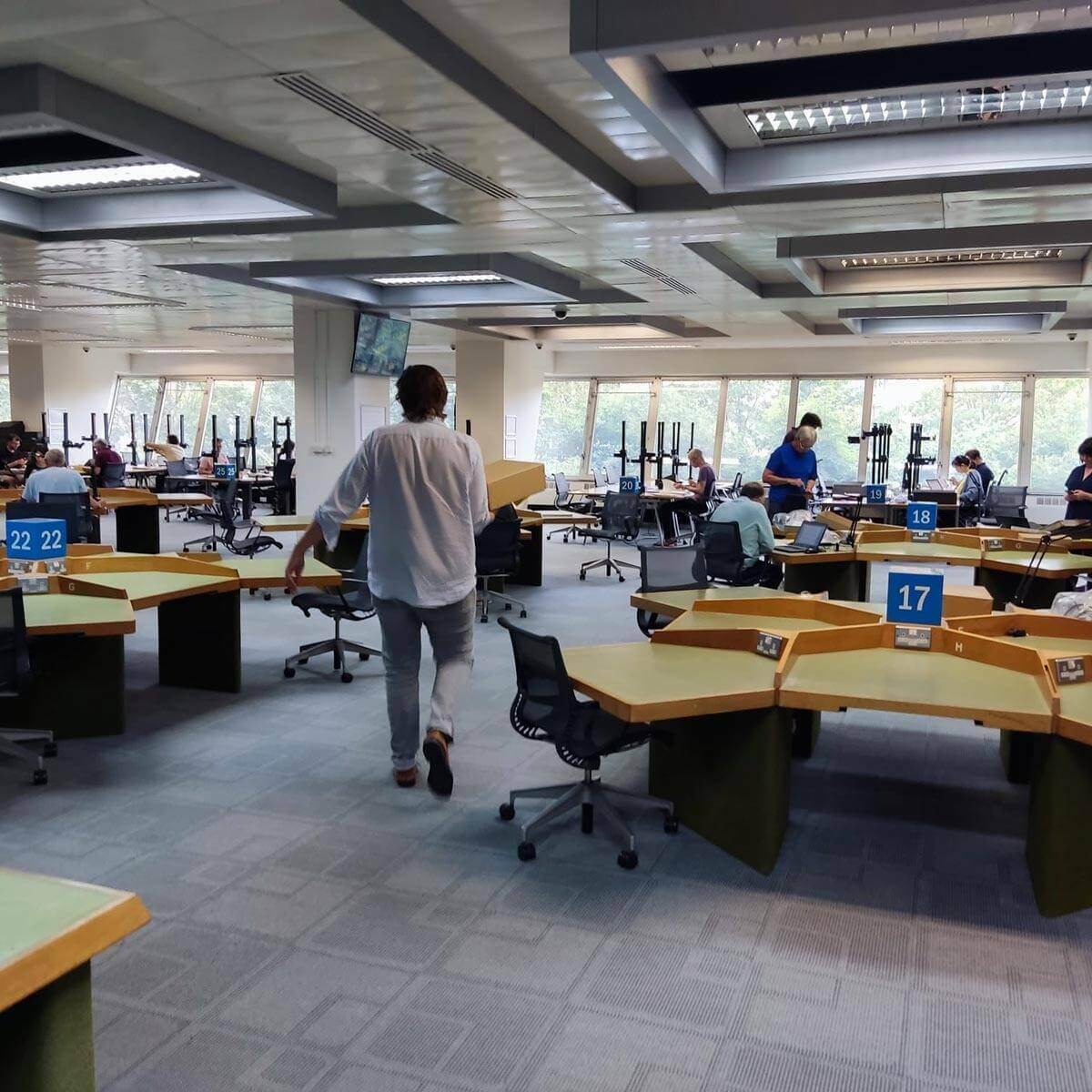
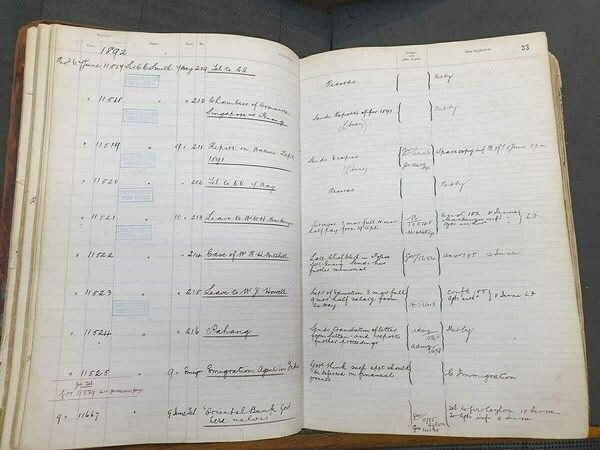
History research also often felt more like detective work. I initially thought that archival research was straightforward: look through catalogues to find relevant sources and then examine those sources to construct historical narratives. But the National Archive’s catalogue is thousands of pages long and written in almost illegible penmanship, so it took me three days to even piece together my sources. To make matters worse, hundreds of files related to colonial migration had been “DESTROYED UNDER STATUTE,” and even the archivists could not systematically track down which documents had been preserved in other collections. I thought the project was doomed, but I refused to give up. With a great deal of creativity and luck, I managed to hunt down forwarded copies of destroyed sources. Nothing can describe what I felt when, after an entire week of searching, I finally found a stash of documents key to my project. In these moments of triumph, all the hours spent on the “wild goose chase” felt worth it.
Discovering community in the archives
The archives also provided fortuitous encounters. In my first year at Notre Dame, my seminar professor, Prof. Eileen Hunt, invited Prof. David Armitage, a professor of history at Harvard University, to give a guest lecture on his work. I remember being blown away by his class, but I never got a chance to talk to him. By some incredible coincidence, I bumped into him at the café at the British National Archives. We talked about our respective research topics, and he even advised me on using archives more efficiently. Naturally, I had to tell Prof. Hunt about this, and her reply sums it all up: “Truly amazing!”
At the end of three weeks, I emerged from the archives weary but satisfied. I had not only discovered avenues for further research but also gained first-hand experience of how to navigate the behemoth that is the colonial archive. Above all, I have also learned that persistence and grit is the key to successful research and that one should embrace feelings of frustration along the way because that is a common sign of progress. As I enter my sophomore year, I hope to continue building on the research and skills that I have gained from this trip, and I look forward to further engaging with what the Nanovic Institute has to offer!
Read about other students' experiences on Nanovic Navigator
